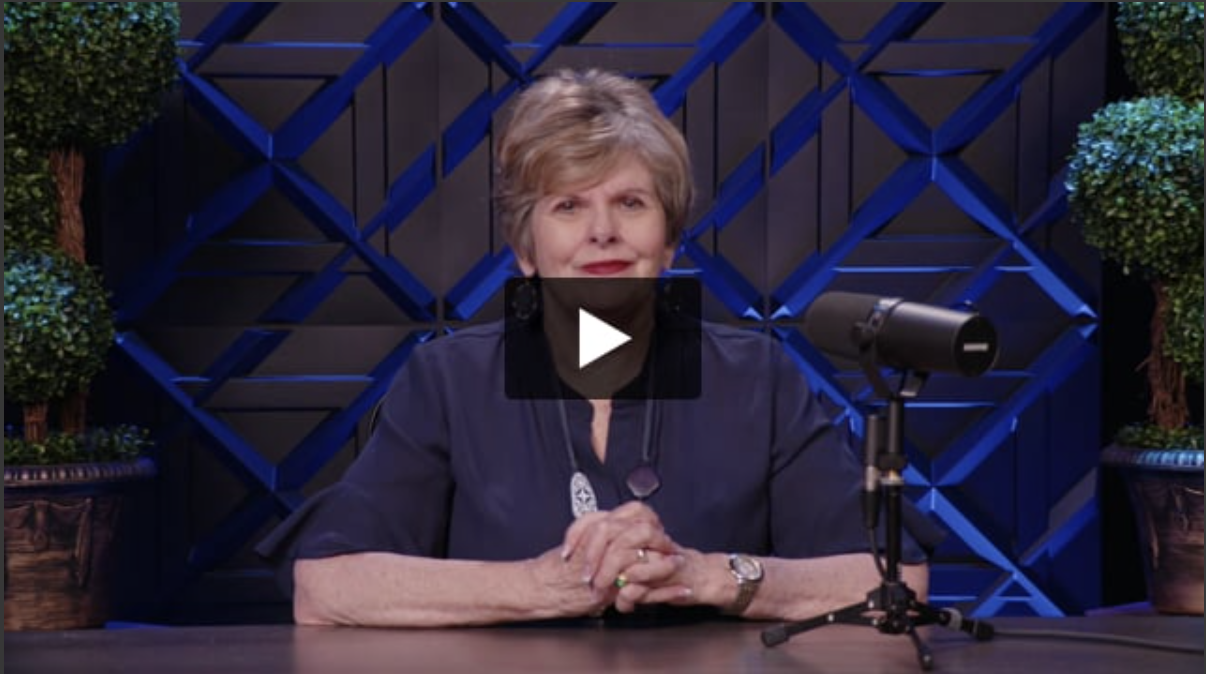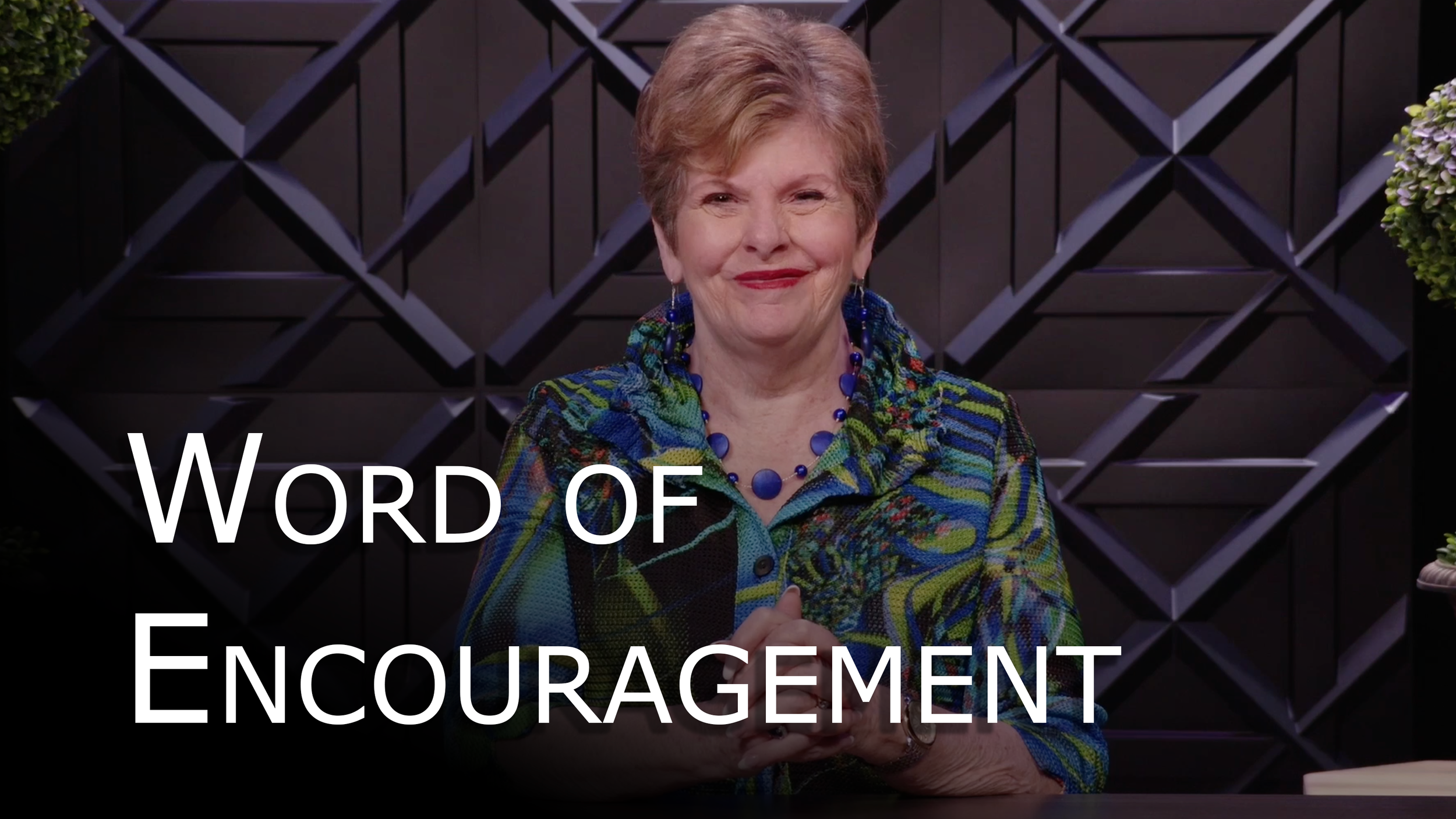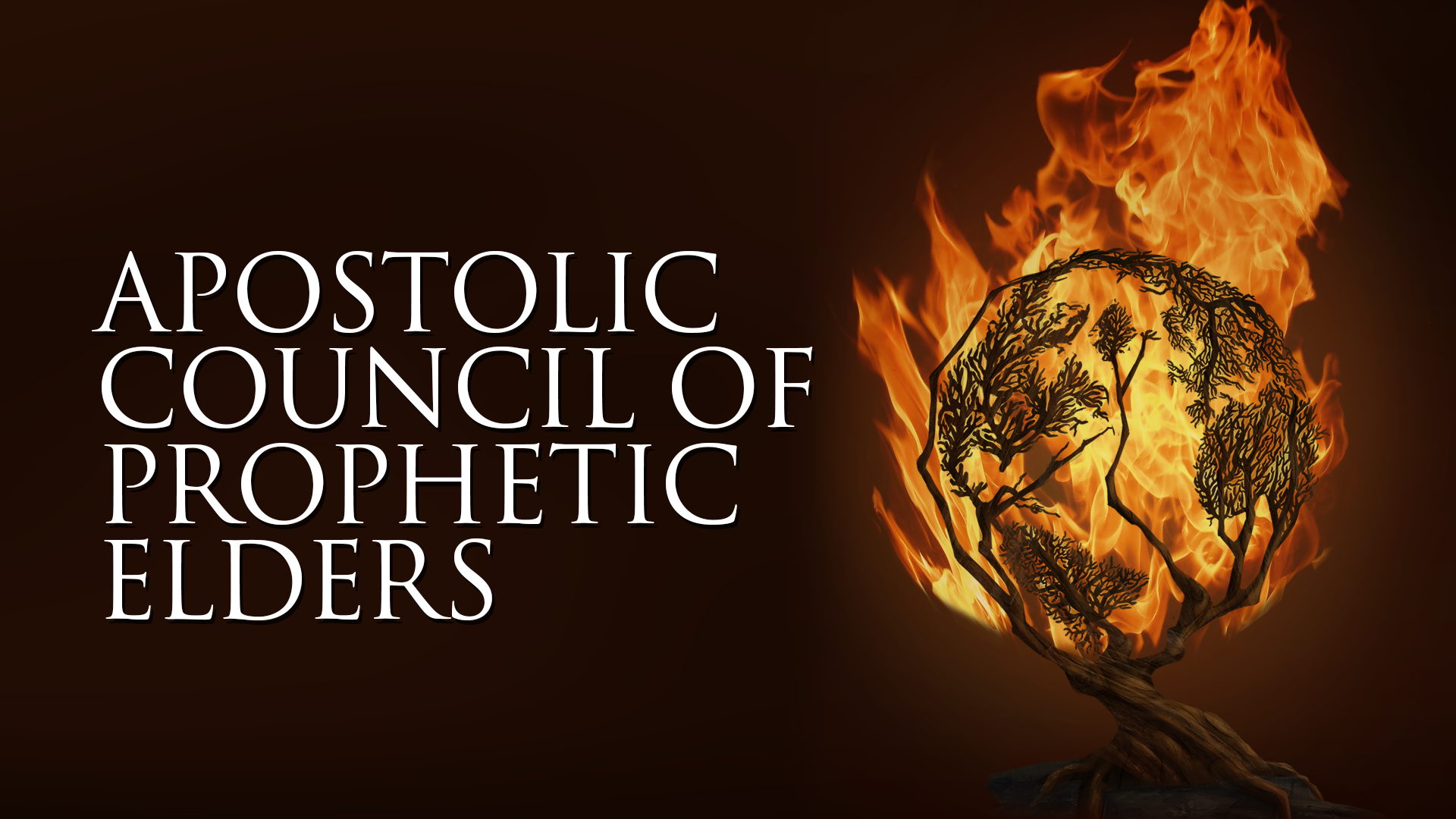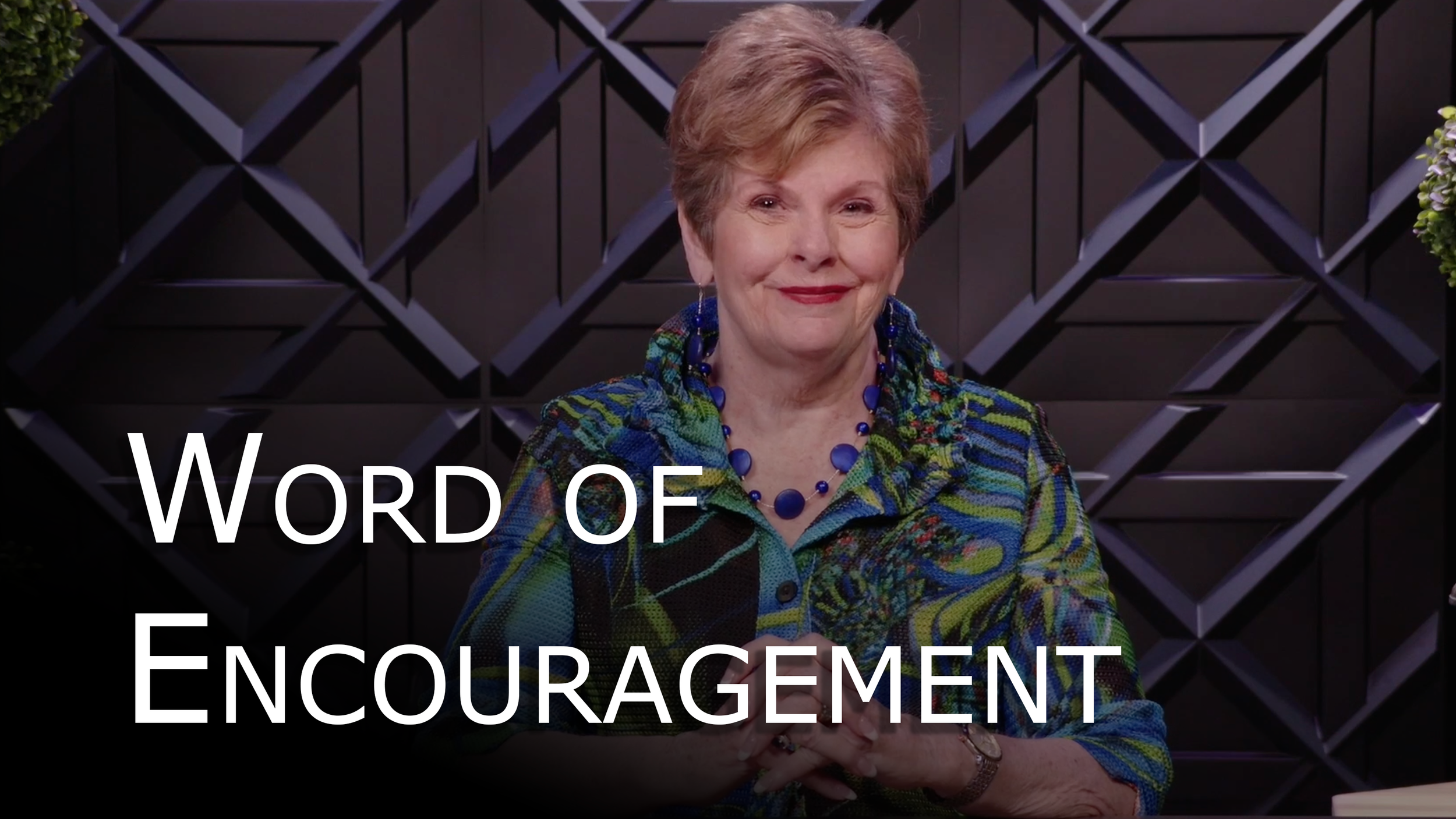Expanding Our Relational Circles
Our human nature seems to instinctively gravitate towards people who are similar to us—age, race, social status, family, interests, etc. There is nothing inherently wrong with this; a lot of comfort and encouragement comes from shared knowledge and experiences.
But this can also become a very limiting approach to relationships. One of the amazing benefits of being connected with people is the way it can challenge and stretch us, bringing growth in our lives. Proverbs 27:17 expresses it best: “As iron sharpens iron, so one person sharpens another.”
Expanding the circle of people with whom we are connected requires some intentionality on our parts. We have to recognize our tendency to settle for the comfort of sameness and be willing to make extra effort. But with the amazing variety God has woven into His children, it is so worthwhile to seek friendships beyond the ones that naturally form around similarities.
As a starting point, there are three areas we can consider reaching across to deliberately cultivate relationships.
Reaching Across Generations
Especially in the church world, our programs, classes and activities tend to be primarily structured by age and season of life—youth, college, singles, young couples, seniors. Again, it’s not that this is necessarily wrong, but it can cause us to miss out on the opportunity to be sharpened by others.
When I was in high school, my parents were attending a Sunday School class on healthy relationships and navigating conflict. My father was particularly impressed with the teacher’s communication style and practical applications. He suggested to me that, even though it was an “adult” class, I might find it beneficial, both for handling current situations and as wisdom for the future, if I’d be willing to not go the youth class that term.
I remember people thinking it was so strange that I wasn’t attending the youth classes. I even had both my own peers and other adults ask if I had gotten in some kind of trouble and now I had to stay with my parents at church! But early in my life, my parents instilled in me the value of seeking out the wisdom of other godly men and women, especially older ones. I learned to appreciate the wisdom of those who had more life experience or different perspectives than me.
In Titus 2, Paul offers some practical advice about instructing the older men and women, so they can in turn teach the younger men and women. There is an expectation that in the body of Christ we can learn from each other across generations. We can respect and value each other’s unique backgrounds, experiences and knowledge, and we grow in wisdom as we humble ourselves to learn from each other.
Reaching Across Cultural Boundaries
Recent events in our nation and world highlight the need to bridge the gaps of cultural and racial divides. Unfortunately, the body of Christ can be as segregated as anyone else. Of course, there are some practical aspects like people needing to be taught in their own language, especially as the beautiful variety of nationalities who find their way to the United States mean that English is not everyone’s first language.
But I encourage you to take an honest look at your relationships. Are all your friends the same color? Same culture? Same socio-economic status? Is it possible that you have been reluctant to navigate the differences?
This can be challenging to shift. Our cities and communities are often not very diversified on any level. Neighborhoods are built of people in the same economic brackets and often seem to be concentrated with one race or another. It’s not always easy, but it is completely worth the effort.
We have so much to learn from each other—about life, about people, about God. As believers, we are called to live in the culture of heaven, not the culture of this earth. Our imperfect, broken society may be marred by all kinds of division, but we do not have to choose to live within those man-made restrictions.
In the book of Revelation, we are given this amazing glimpse of heaven: “ . . . and there before me was a great multitude no one could count, from every nation, tribe, people and language, standing before the throne of and before the Lamb” (Rev. 7:9, emphasis added).
If we really want to see God’s kingdom on earth as it is heaven, expanding our relationships to include those from other nations, tribes, people and languages would be an excellent place to start.
Reaching Across Denominational Lines
This can be the most challenging area for us to expand in our relationships. Our spiritual convictions are things we hold closely to and build our lives around. When someone interprets Scripture differently or takes a different position, it can feel like they’ve chosen against us personally.
Also, if we are honest, many of us feel we’ve selected the denomination or spiritual movement that is the “right” one, especially in comparing streams that are very open to the gifts of the Spirit to others that are not as familiar or comfortable with these expressions.
But, to paraphrase the apostle Paul, we are the body of Christ, and every single one of us is a part of it (see 1 Corinthians 12:27). If we can swallow our pride and lay down the certainty of our own rightness, we can actually learn a lot from each other.
Over the last year and a half, the Lord has brought a number of people into my life who are from more liturgical streams of Christianity, particularly Episcopal and Anglican. While there are points of theology I have different conclusions on, I have learned some very rich things from these relationships, especially in matters of prayer and being mindful of God’s presence and voice as I go through my day-to-day activities and routines. These encounters have helped deepen my relationships with God in ways I could never have imagined.
The vast majority of things that divide us across denominational lines are not matters of salvation. It is important to know what we need to be immovable on and what we can set aside for the sake of unity with each other. But even on matters where we disagree, we are sharpened if we come to a firmer understanding of why we believe what we do and why it matters to our relationship with God.
Going Further
I encourage you to spend some time prayerfully evaluating the way you relate to people and choose to pursue friendships. Have you limited yourself to a narrow group or type? Remember, there is nothing wrong with building relationships with people similar to us, but it is not healthy to close our hearts to those who are different.
Choose a first step. Is there someone outside your normal sphere of relationships that you could begin getting to know?
Ask the Holy Spirit to reveal if you have had any unhealthy attitudes toward any particular group of people. Be willing to repent and ask Him to help your heart change.









